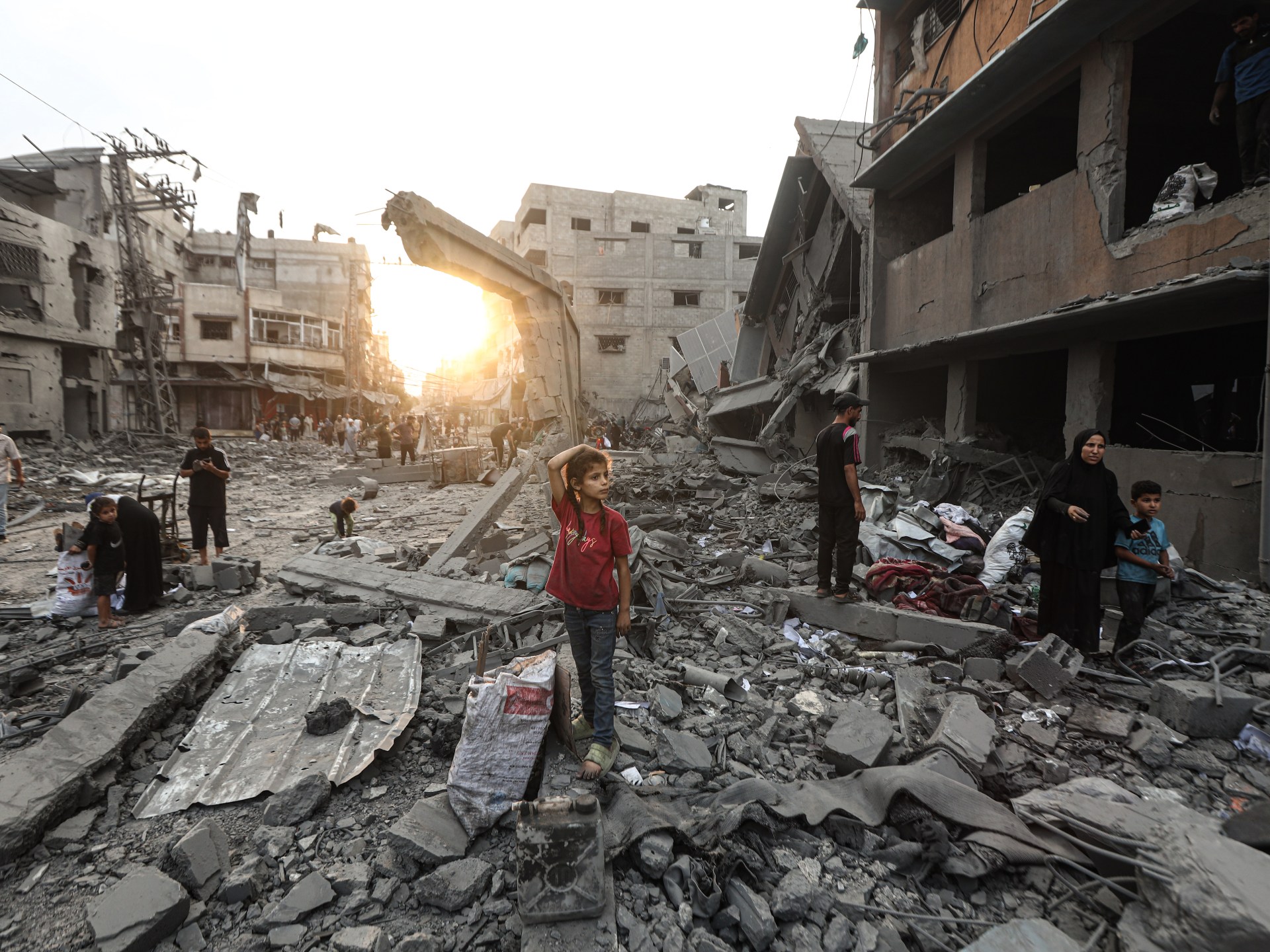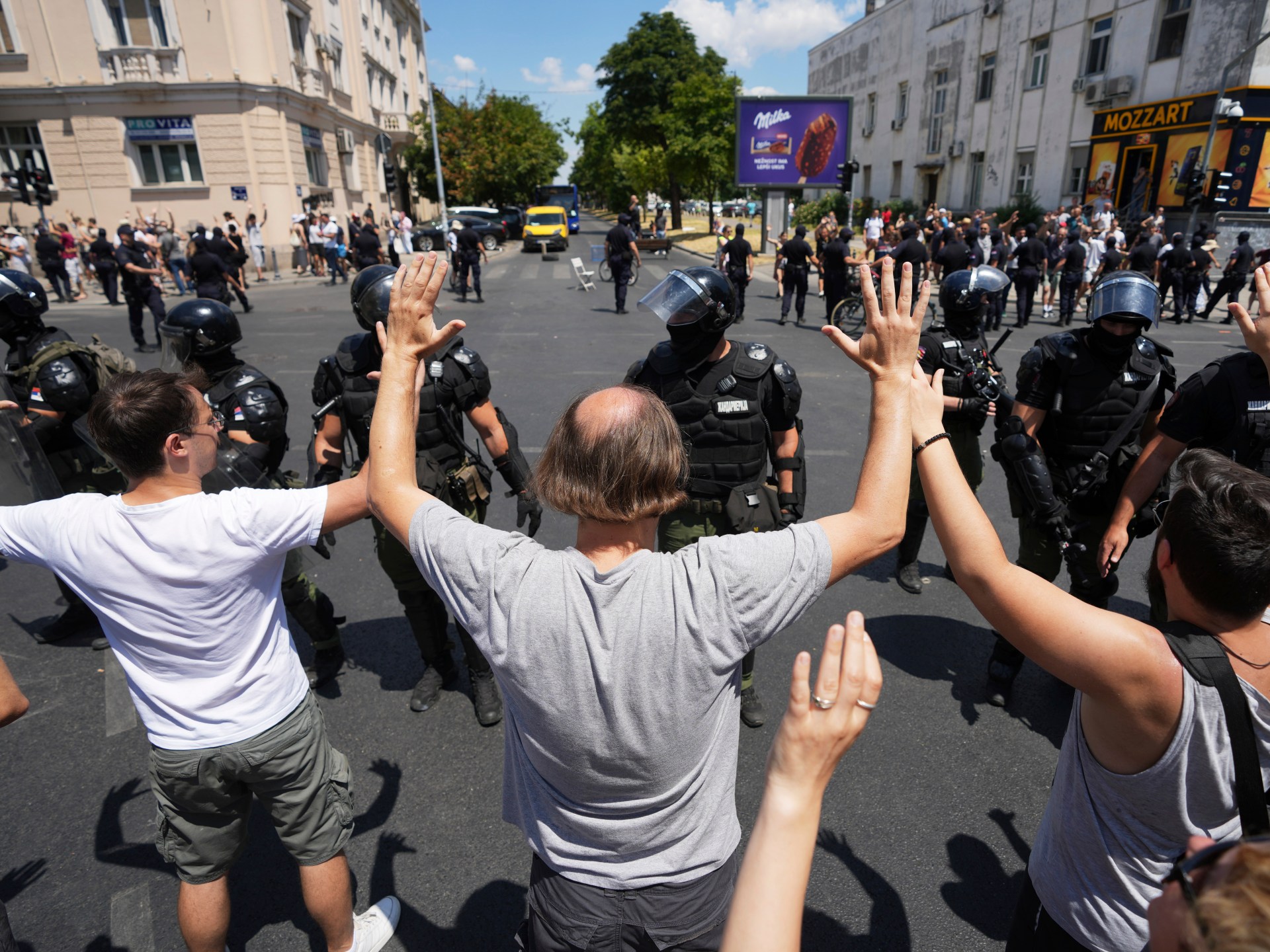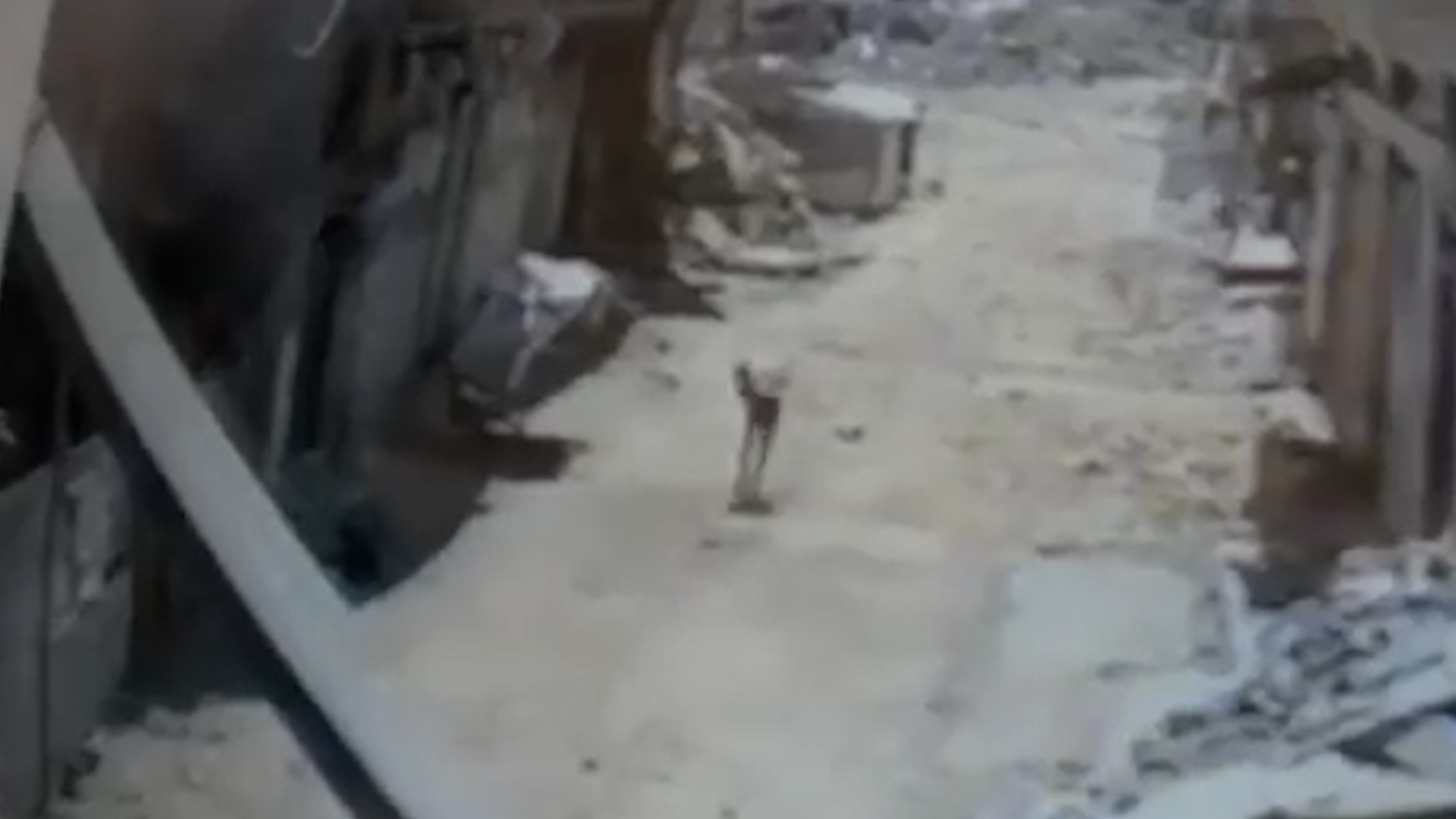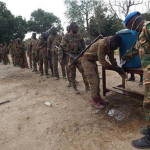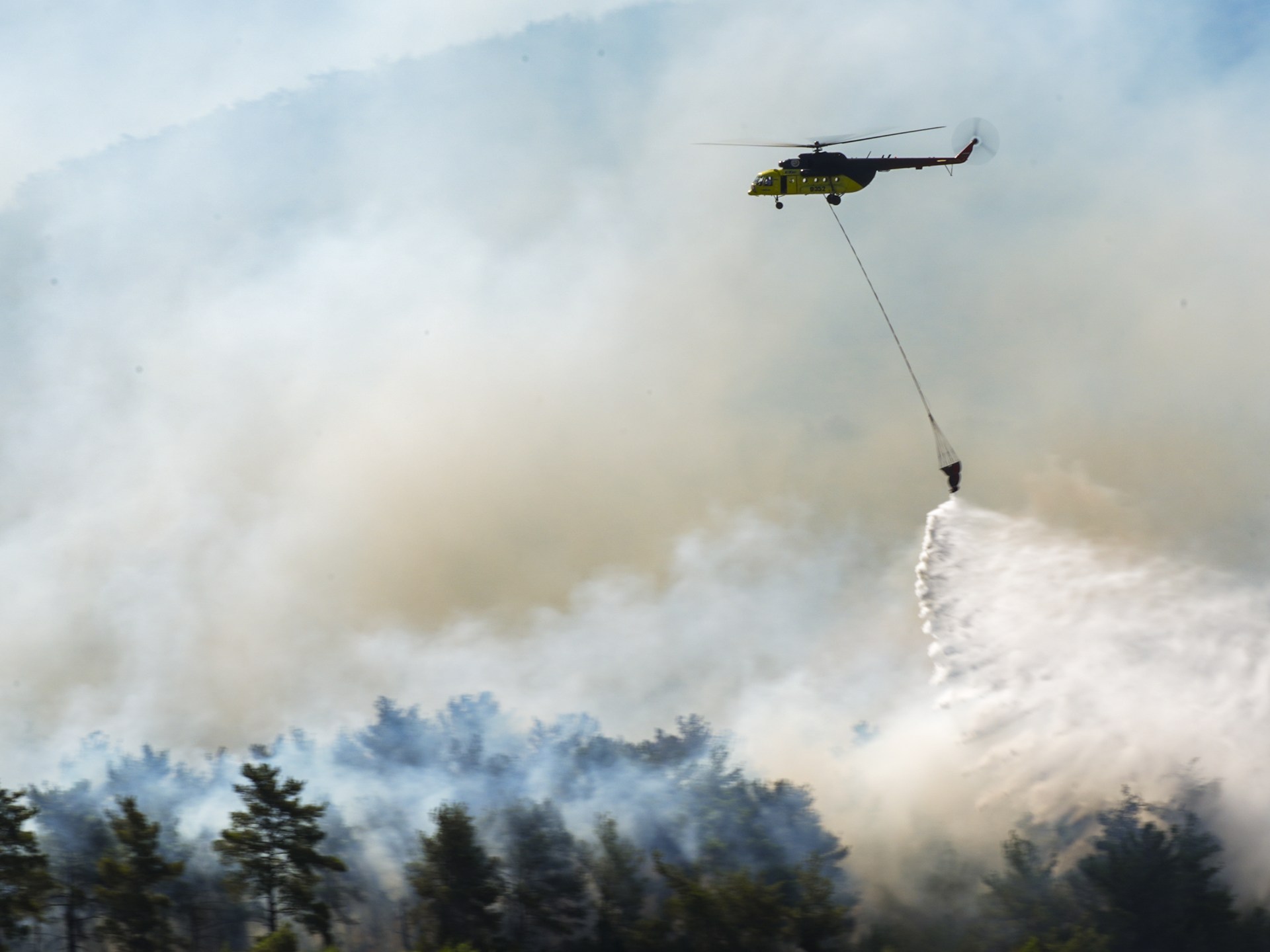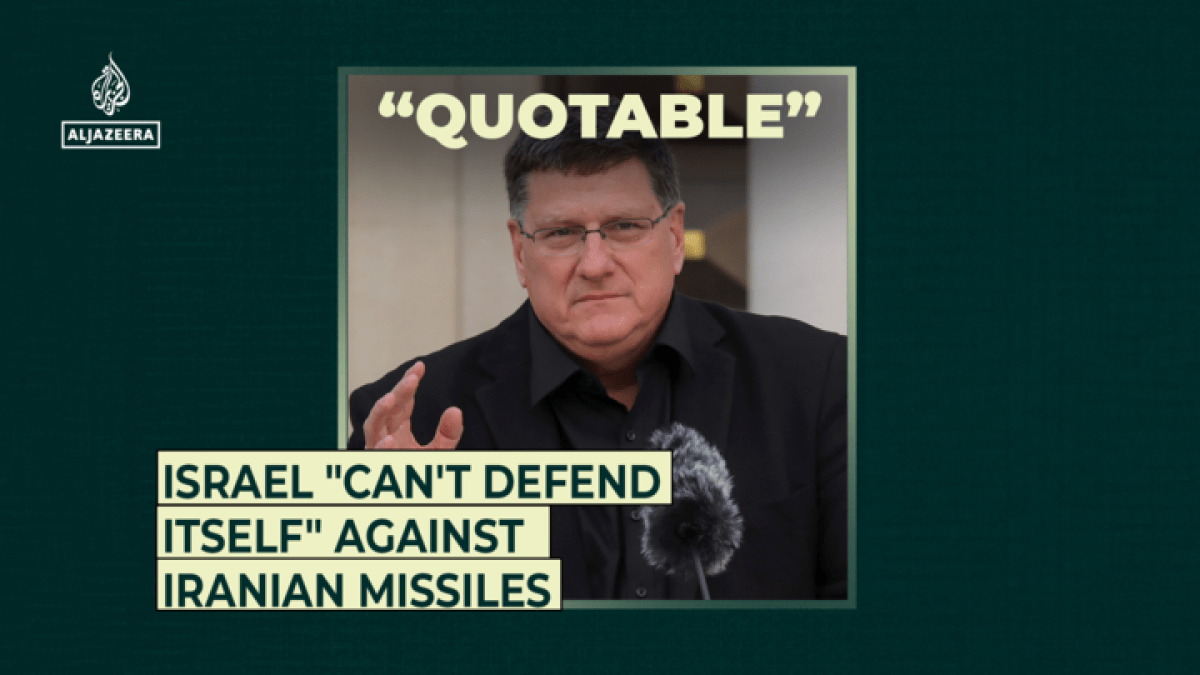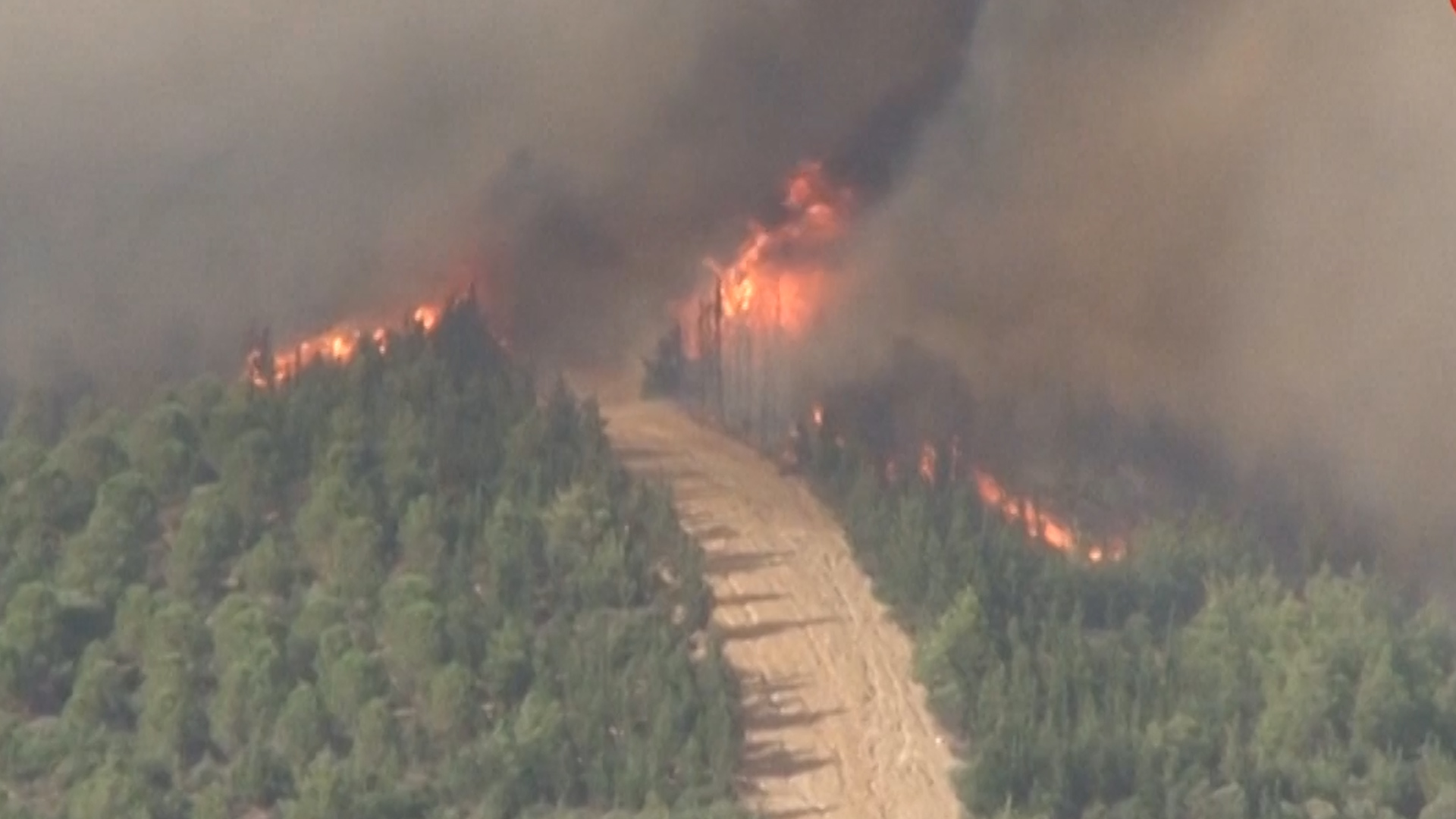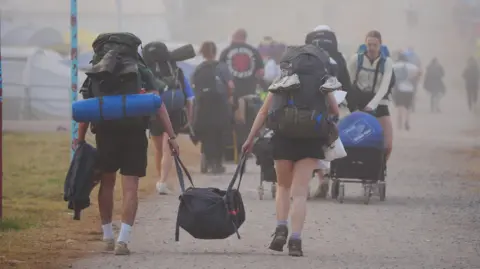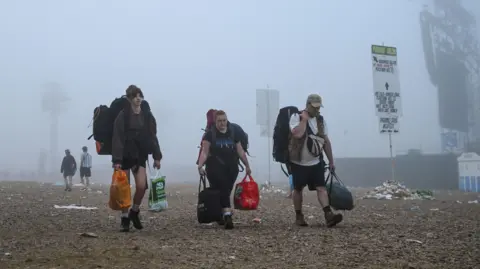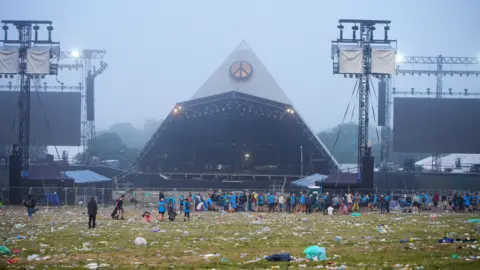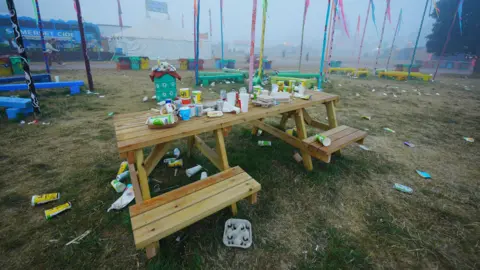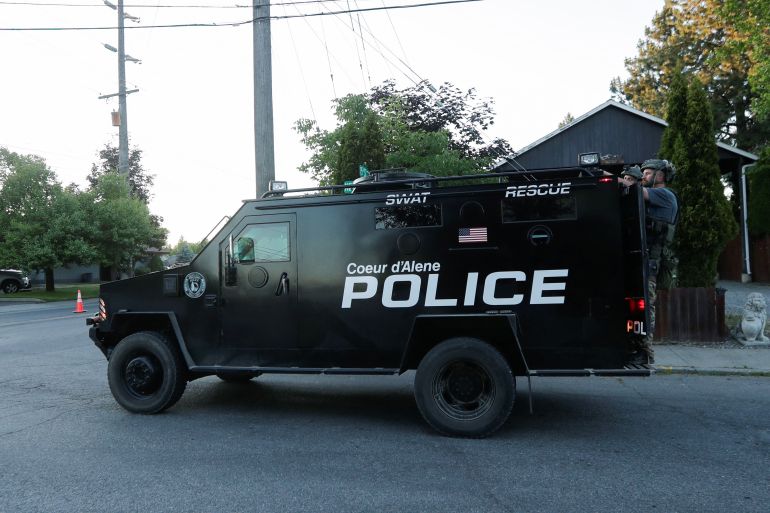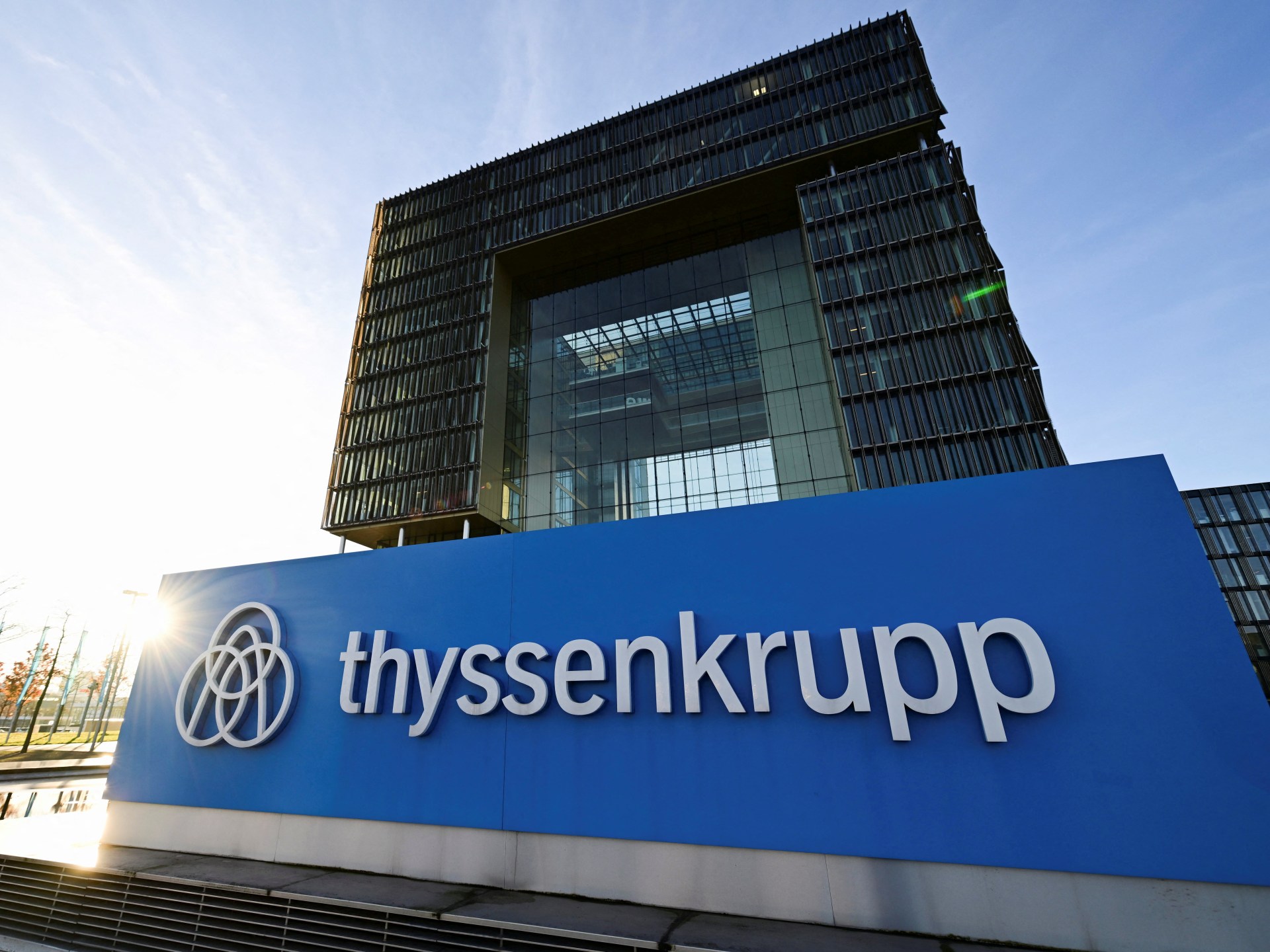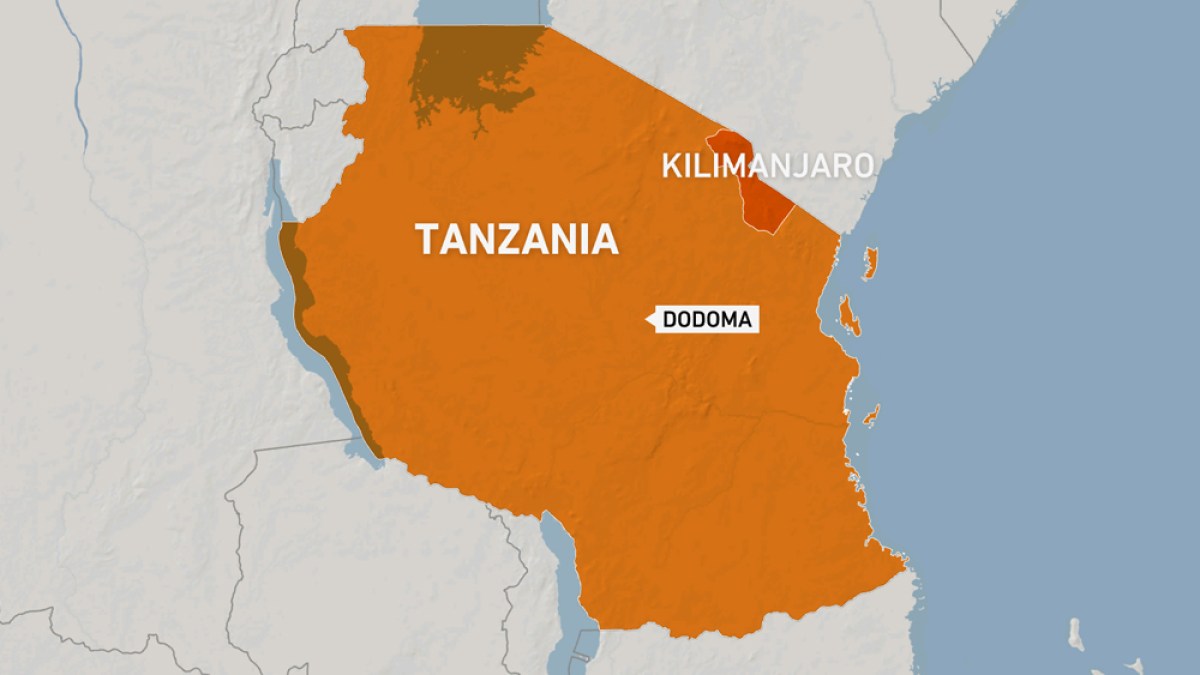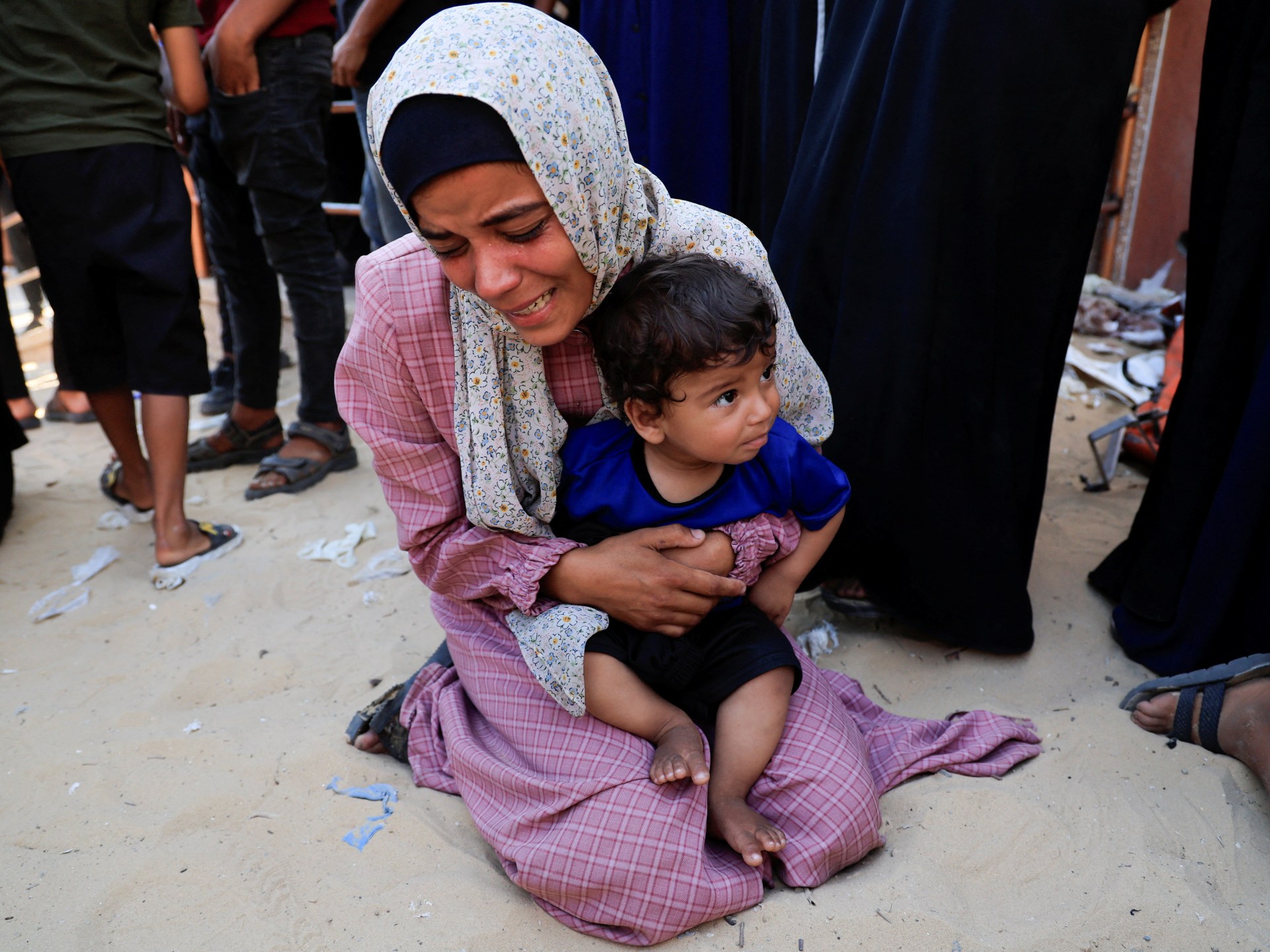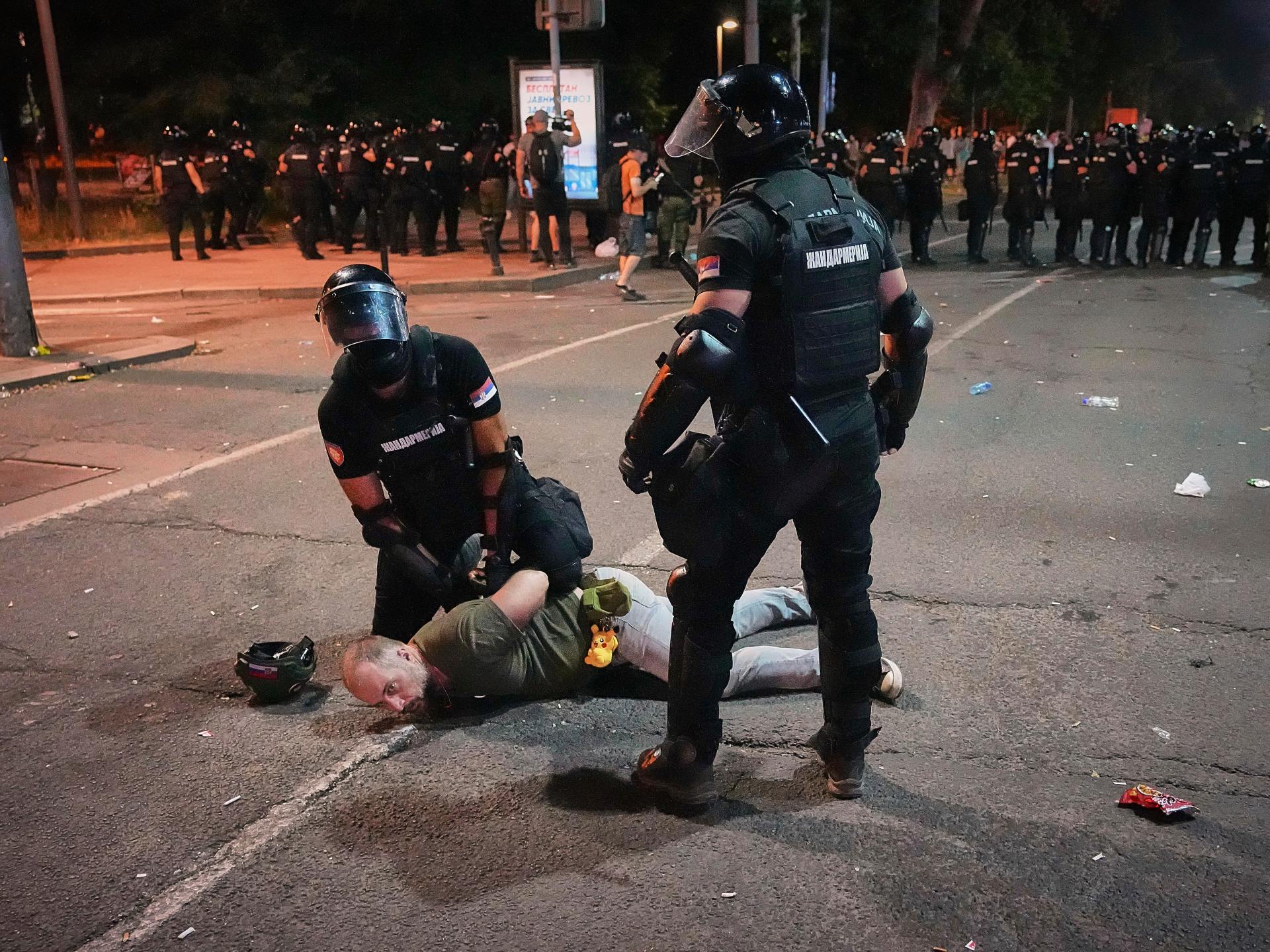Israeli attacks across the Gaza Strip have killed dozens of Palestinians, including people seeking food at aid distribution hubs, as the already catastrophic humanitarian situation in the besieged enclave deteriorates by the day.
Medical sources told Al Jazeera on Sunday that at least 72 people were killed since dawn in Israeli strikes targeting multiple locations across Gaza, including at least 47 in Gaza City and the north of the territory.
Al Jazeera’s Moath al-Kahlout, reporting from Gaza City, described “catastrophic” scenes at the al-Ahli Hospital in the northern city as dozens of wounded civilians sought help following Israeli strikes on the Zeitoun and Sabra neighbourhoods, as well as al-Zawiya market.
“There are too many wounded civilians here, including children. Many are lying on the ground because there are not enough beds or medical supplies to treat them. This facility is struggling to cope due to severe shortages,” he said.
“The Israeli military has dropped leaflets in eastern Gaza City, ordering civilians to move south. These leaflets are often followed by intense and repeated attacks, resulting in the large number of casualties we are witnessing now.”
The victims on Sunday also included at least five Palestinian aid seekers killed near food distribution centres run by the controversial Gaza Humanitarian Foundation (GHF) north of Rafah, according to medics.
Since the United States- and Israel-backed GHF took over limited aid deliveries in Gaza in late May amid a punishing Israeli blockade, Israeli soldiers have regularly shot at Palestinians near distribution centres, killing more than 580 people, and wounding more than 4,000, according to the Gaza Government Media Office.
A recent report by Israel’s Haaretz newspaper quoted unnamed Israeli soldiers as saying they had received orders to fire at crowds of unarmed aid seekers to disperse them.
Geoffrey Nice, a human rights lawyer, told Al Jazeera that the killings going on around the GHF are “inexplicable”.
“What is absolutely astonishing to outsiders is that it is in the business of apparently providing aid where it is desperately needed, and those providing aid with you end up shooting dead hundreds of people,” said Nice, who also took part in the International Criminal Tribunal for the former Yugoslavia.
‘Most vulnerable are dying’
Meanwhile, the humanitarian crisis in the Strip is worsening, with babies and toddlers dying due to a lack of nutrients.
Christy Black, an Australian nurse volunteering in Gaza City, said the hospital she’s based in is short of medical supplies, including formula for pregnant women who require nasogastric feeding. That leaves many without the nutrients needed to lactate – as well as baby formula, she said.
“Our most vulnerable are dying,” Black told Al Jazeera. “We’ve seen a couple of babies die over the last couple of days in Gaza City. It’s really desperate here.”
Malnourishment also makes it difficult to heal from wounds, she said, adding that there is a significant uptick in respiratory illnesses due to the number of bombs being dropped on Gaza.
“We’re seeing children going through the rubbish trying to find something to eat … Children who might be nine or 10 years old that look like two-year-olds,” she added.
Ceasefire talks
With Israeli bombardment of the besieged enclave relentless, there are indications of a fresh impetus to end the war in the wake of the US and Israeli bombings of Iran’s nuclear facilities and the ensuing ceasefire between Israel and Iran.
On Sunday, US President Donald Trump seemed determined to seal a truce. “MAKE THE DEAL IN GAZA. GET THE HOSTAGES BACK!!” he said in a Social Truth post. His comments came after he said he believed a ceasefire could be reached within a week. “I think it’s close. I just spoke to some of the people involved,” Trump said on Saturday.
While Israeli Prime Minister Benjamin Netanyahu did not comment on the push for a truce, he said in the past week that behind-the-scenes talks have been taking place to try and secure a 60-day pause in fighting.
Negotiations revolve around a proposal put forward by the US back in March to extend phase one of a ceasefire that Israel violated by resuming its bombing of Gaza.
Al Jazeera’s Hamdah Salhut, reporting from Amman, Jordan, said, “Netanyahu is under a lot of pressure as Trump has been quite outspoken for some time that he wants to see a ceasefire in Gaza.”
“And prior to Israel’s attacks on Iran, just about two weeks ago, there was a lot of pressure from European allies because of the Israeli military’s conduct in the Gaza Strip,” she said.
In the meantime, the Jerusalem District Court cancelled this week’s hearings in Netanyahu’s long-running corruption trial, accepting a request that the Israeli leader made, citing classified diplomatic and security grounds.
It was unclear whether a social media post by Trump – one suggesting the trial could interfere with Netanyahu’s ability to join negotiations with Hamas and Iran – influenced the court’s decision.
The ruling, seen by Reuters, said that new reasons provided by Netanyahu, the head of Israel’s spy agency Mossad and the military intelligence chief justified cancelling the hearings.
Netanyahu was indicted in 2019 on charges of bribery, fraud and breach of trust – all of which he denies. He has cast the trial against him as an orchestrated left-wing witch-hunt meant to topple a democratically elected right-wing leader.
On Friday, the court rejected a request by Netanyahu to delay his testimony for the next two weeks because of diplomatic and security matters following the 12-day conflict between Israel and Iran, which ended last Tuesday.
He was due to take the stand on Monday for cross-examination.
“It is INSANITY doing what the out-of-control prosecutors are doing to Bibi Netanyahu,” Trump said in a Truth Social post. He said Washington, having given billions of dollars worth of aid to Israel, was not going to “stand for this”.
A spokesperson for the Israeli prosecution declined to comment on Trump’s post. Netanyahu reposted Trump’s comments on X and added: “Thank you again, @realDonaldTrump. Together, we will make the Middle East Great Again!”
Trump said Netanyahu was “right now” negotiating a deal with Hamas, though neither leader provided details, and though officials from both sides have voiced scepticism over prospects for a ceasefire soon.



